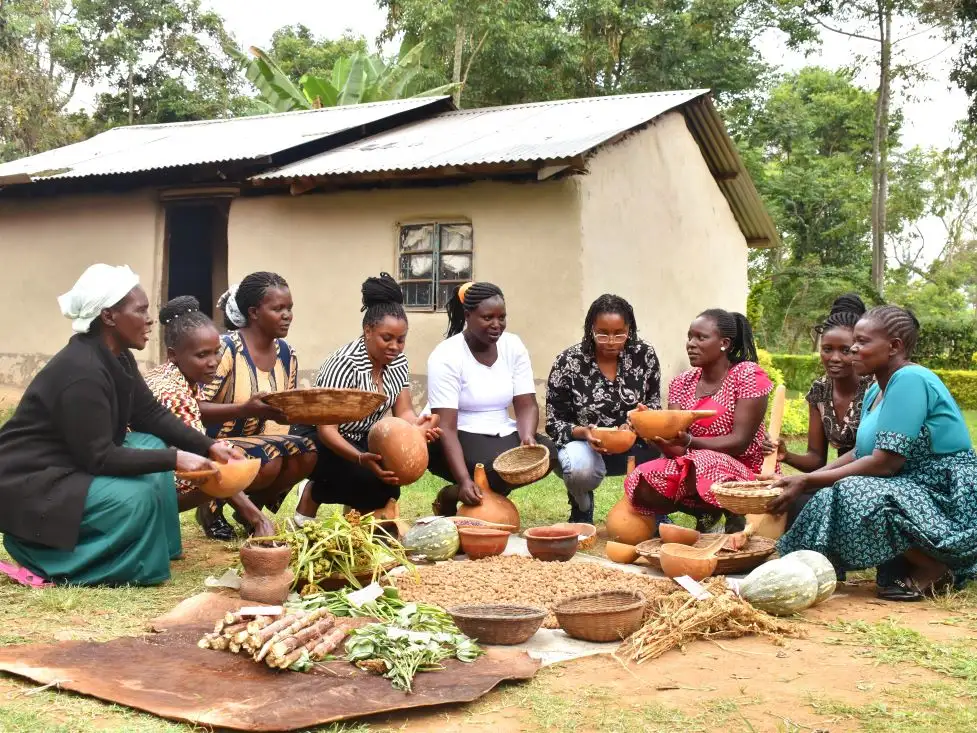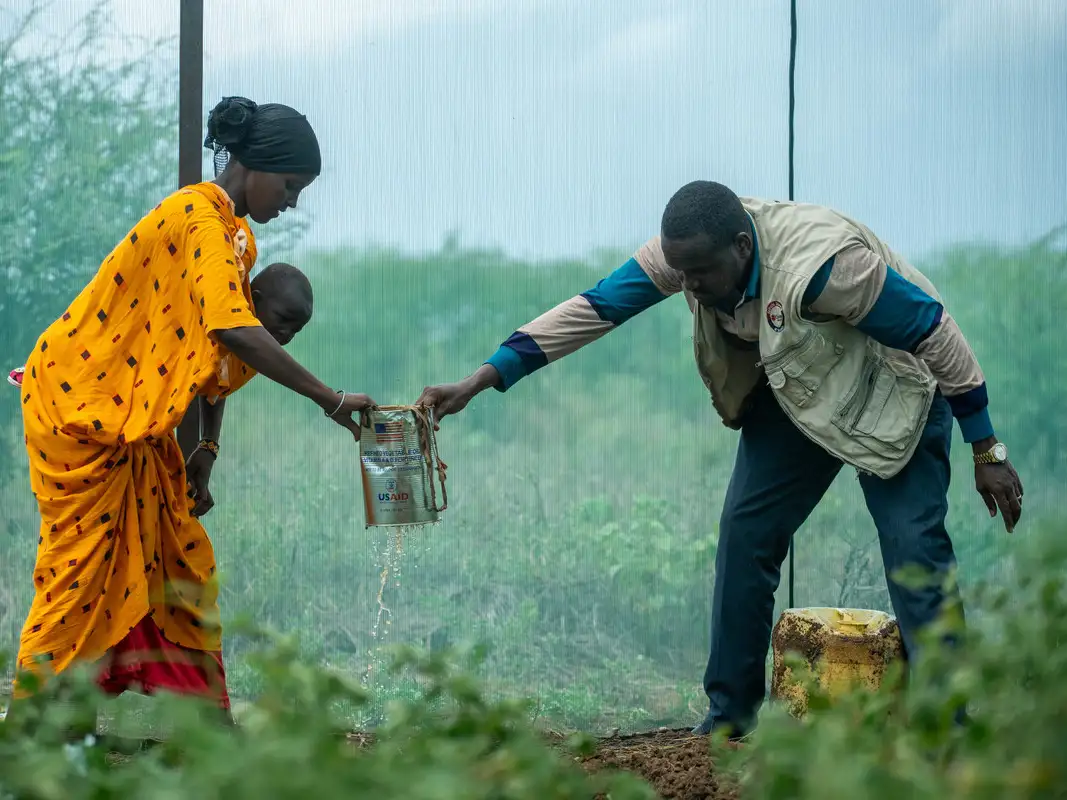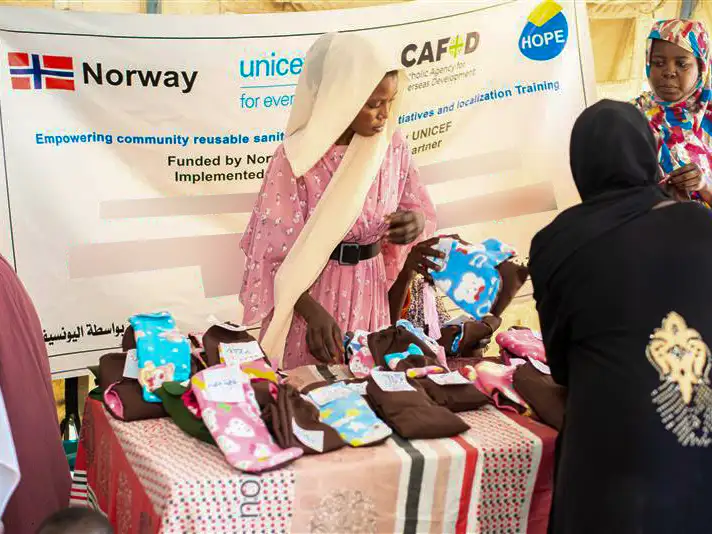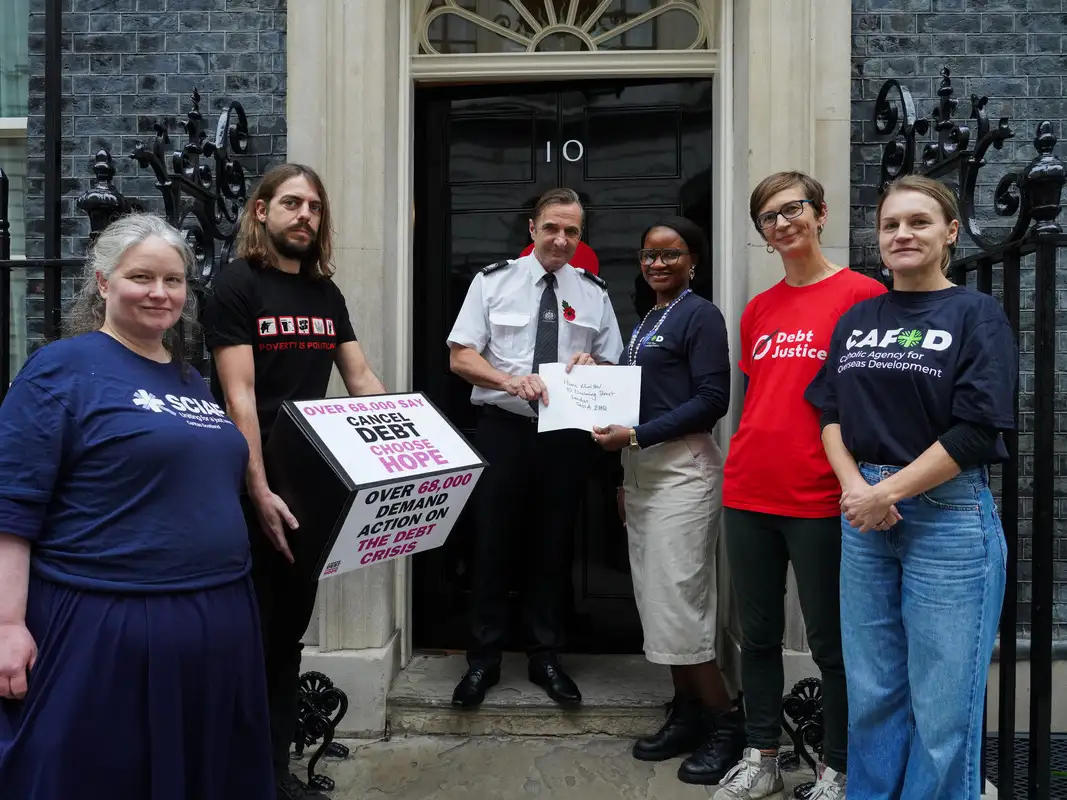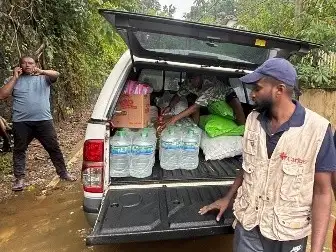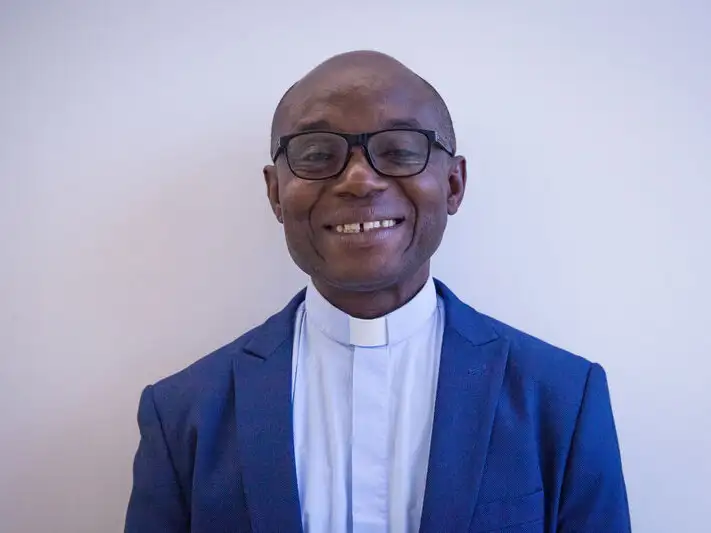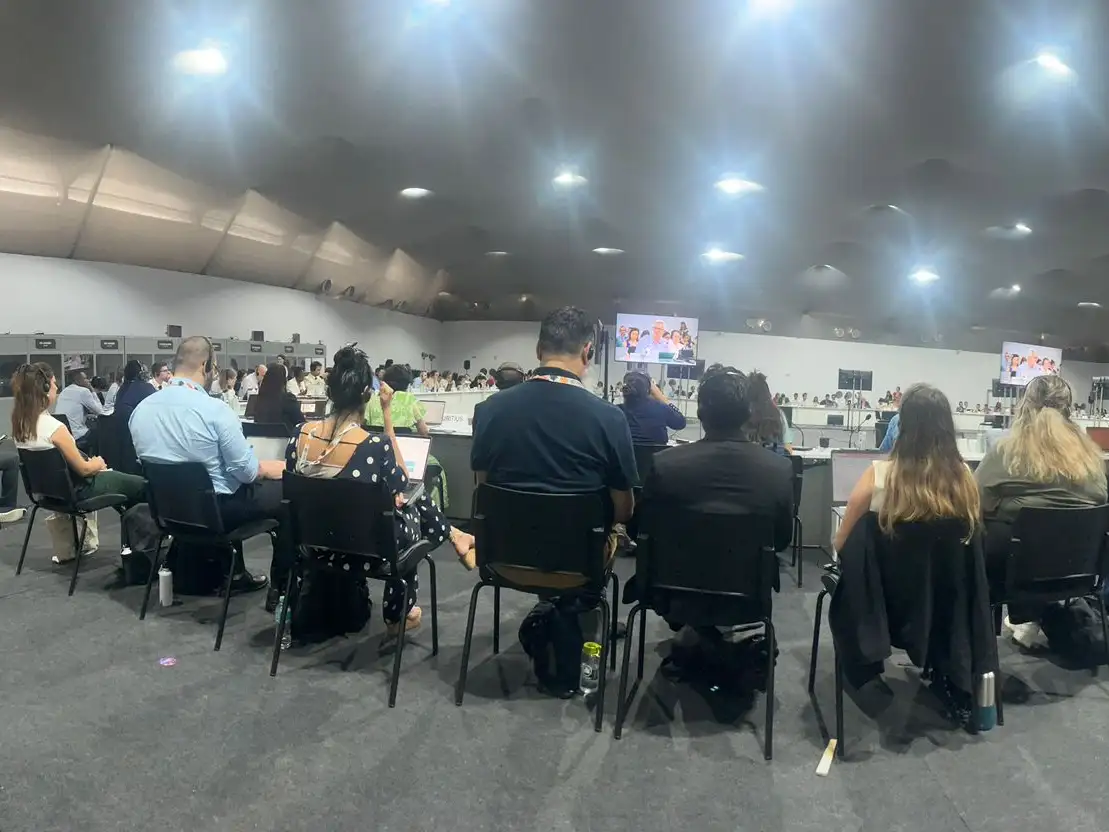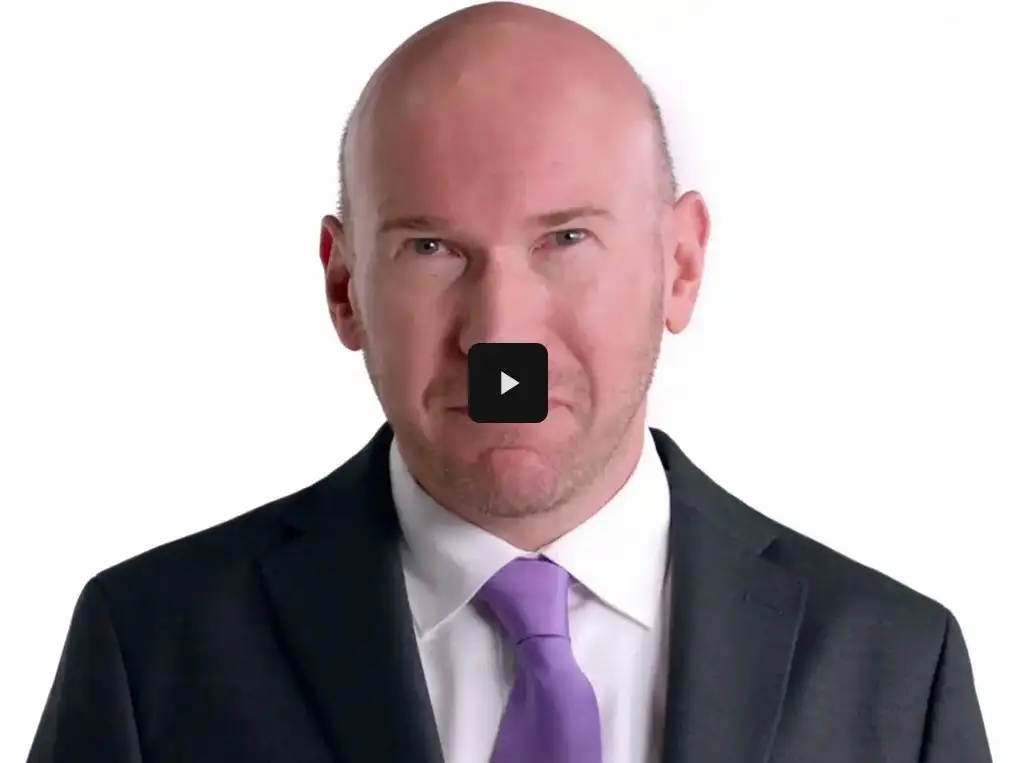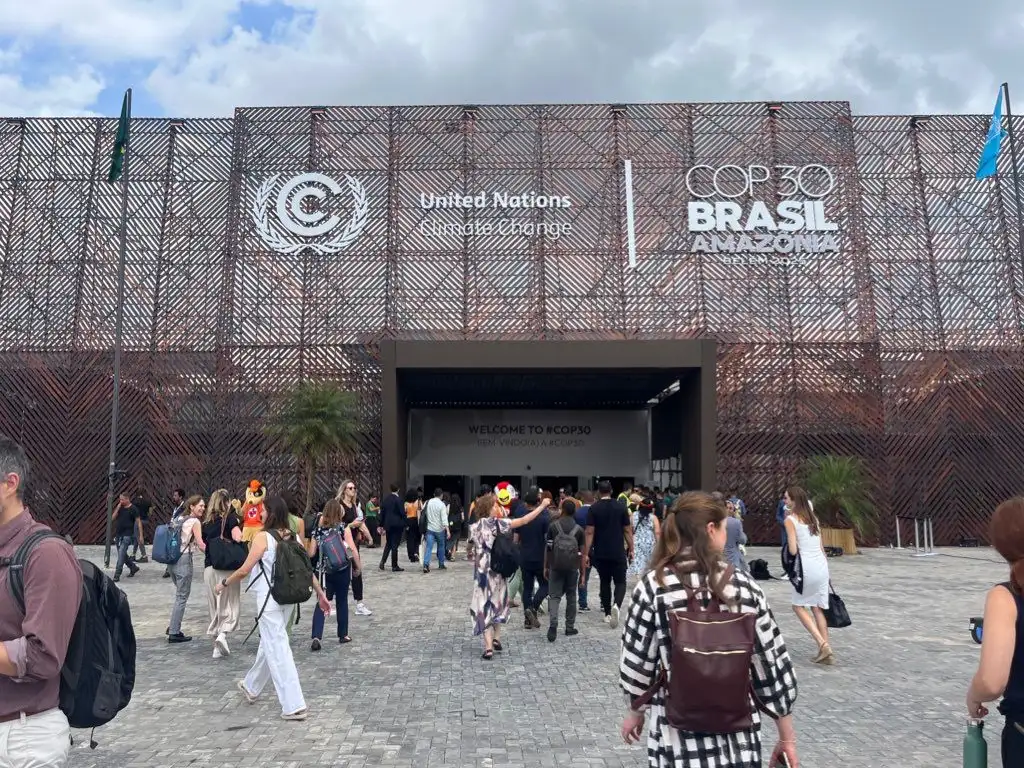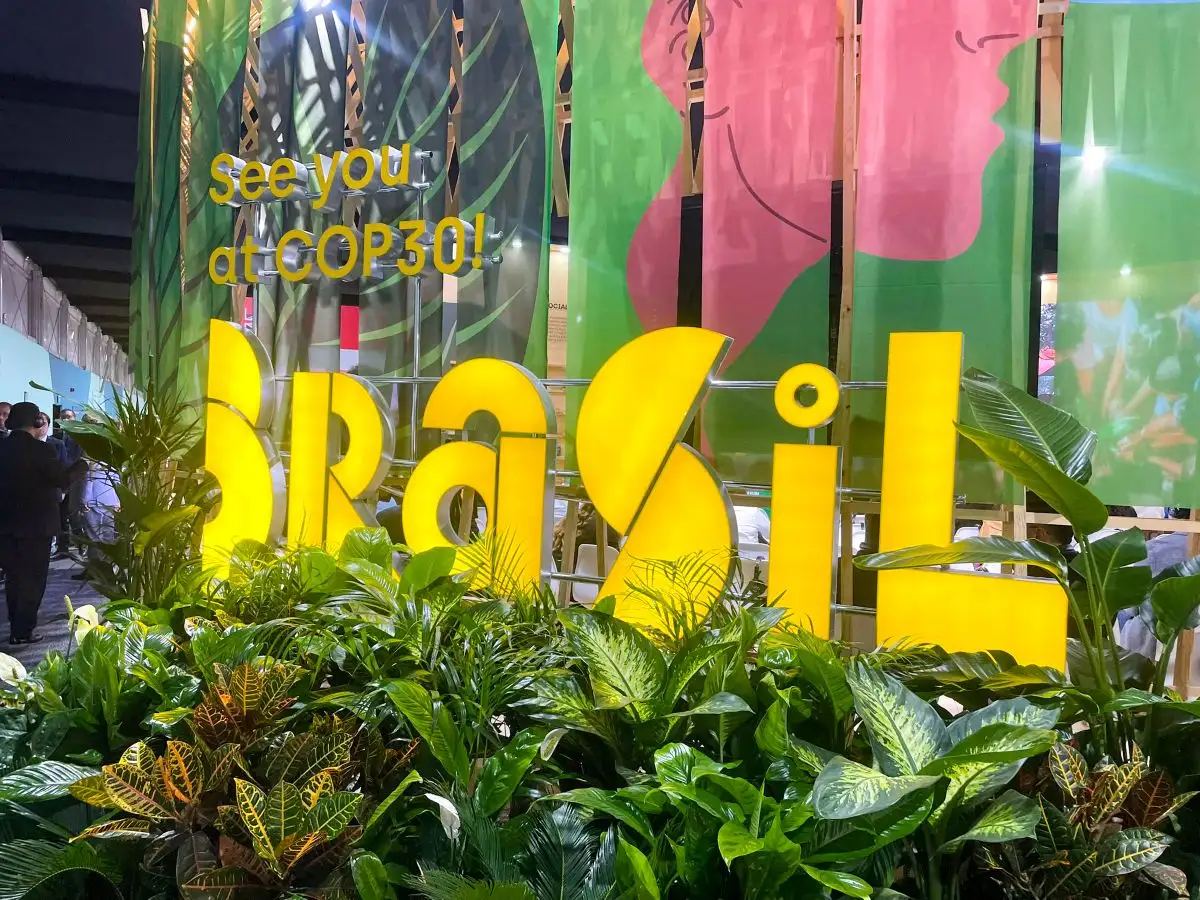People living in communities in La Guajira, Colombia, have repeatedly denounced harm to their livelihoods, cultural identity and environment as a result of a coal-mining company that has links to the UK.
What is the business activity’s impact on communities?
For more than three decades, the vast open-pit Cerrejón mine has extracted coal from the territories of Wayuu indigenous and Afro-descendant communities in the La Guajira region of Colombia. During this time, the communities have experienced many problems as a result of the mine:
Villages have been forcibly displaced from their territories, at times with considerable violence as the mine has expanded.
Coal dust has contaminated both air and water supplies, causing serious health problems both for those living near the mine, and also for many others who live beside the railway transporting coal to the coast.
Rivers and streams, including the Bruno stream to which Wayuu Peoples, especially women have spiritual links, have been redirected by the mine, using up scarce water supplies, leaving little water for the people and their livestock to drink, let alone irrigate their crops
The mining activities, and particularly the impact on water supplies in this drought prone region are threatening the tropical dry forest, a rare ecosystem which is in critical danger of extinction globally.
Despite many legal rulings related to human rights abuses and environmental damage in the Colombian courts, the mine continues to operate with impunity, whilst local communities face a humanitarian crisis, as water supplies dwindle and they can no longer provide for their families.
Those taking action against the company have faced violence and intimidation, with human rights abuses documented by for example, the UN Special Rapporteur on Human Rights and the Environment who commented recently that ‘(the case of) the Cerrejón mine and the Wayúu indigenous people is one of the most disturbing situations that I have learned about in my two and half years as [UN] Special Rapporteur on human rights and the environment.’
In spite of this litany of abuses, Glencore refuses to take responsibility for the damage it has caused, and furthermore, has even filed an arbitration case against the Colombian government under international trade law.
The company’s license will expire in 2034, but to date, it has not committed to making full restitution to local communities, who fear the land will never recover even after the mine closes. They are calling for a sustainable closure plan that guarantees environmental, social and climate justice for the affected communities, including provision for financing activities to address long lasting impacts that are likely to continue long after the mine has closed and full settlement of the claims against the mine.
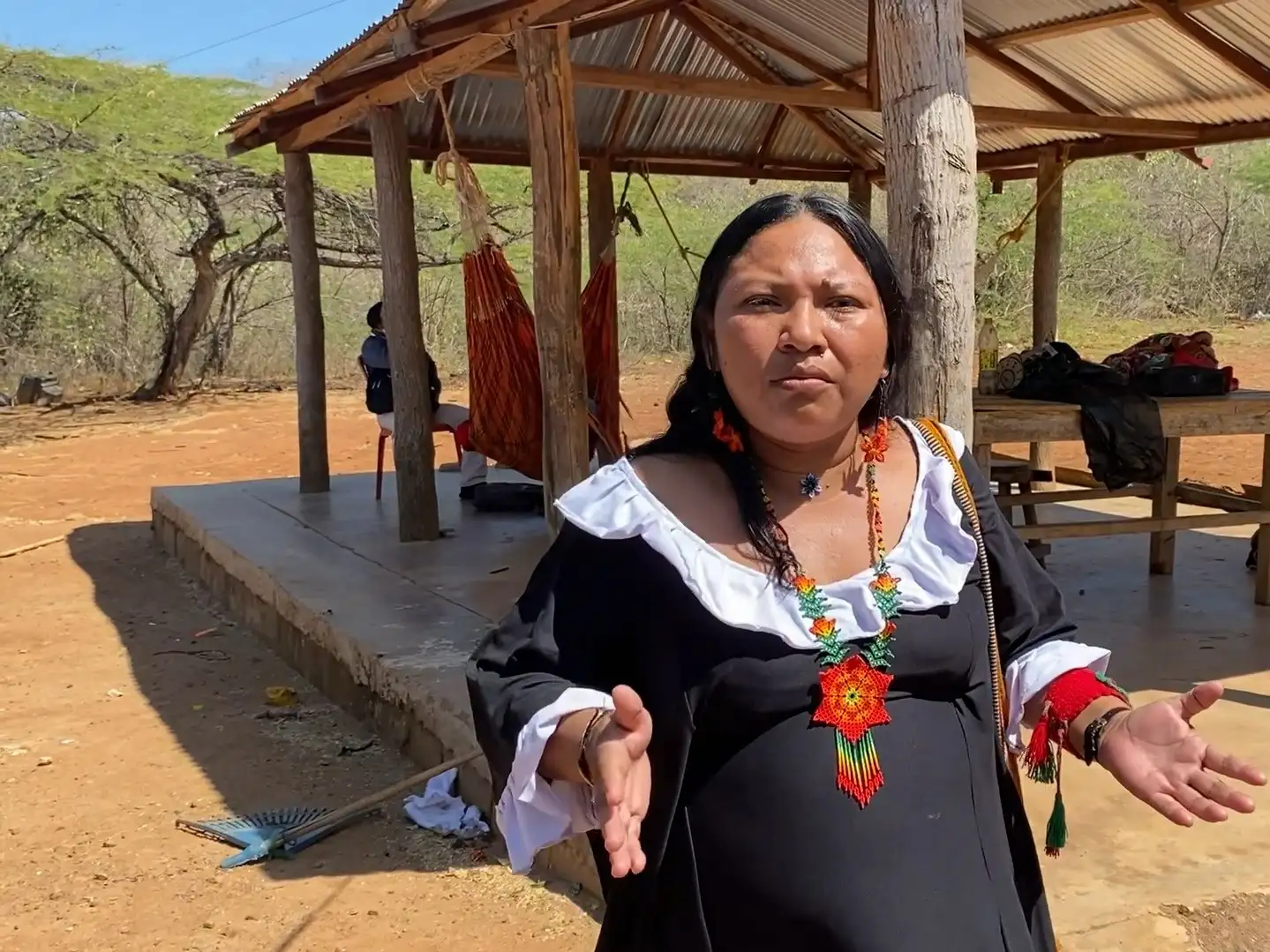

Caption: Mariluz Uriana, Wayuu human rights defender, La Guajira, Colombia. Credit: CINEP/PPP
I want to highlight the problem that we have in our community, which is health. Our children already suffer from skin problems ... bronchitis, pneumonia and diarrhoea because of our pollution problem. And not only that, other communities also suffer from being uprooted from their communities and we have to leave.
How are UK companies implicated?
The Cerrajon mine is now wholly owned by Glencore, as the UK companies BHP and Anglo-American sold their shares in 2022. Glencore is listed on the London Stock Exchange and receives funding from UK financial organisations. Glencore is also currently suing the Colombian government for loss of profits linked to a Court ruling preventing further expansion of the mine.
What could make a difference for communities, and how is CAFOD working towards this?
CAFOD is urging the UK government to support the Colombian government as it seeks to ensure the responsible closure of the mine, that fully respects local communities’ human rights and provides full environmental restoration, including future financial arrangements in recognition of the long term damage caused by the mine.
We want UK banks and investors to stop investing in Cerrejón until the closure plan has been agreed with local communities, and all necessary actions have been taken to end negative impacts on human rights and the environment.
CAFOD also calls upon Glencore to recognise its responsibility for the environmental damage caused by its operations, particularly to local water supplies, and to drop its claim against the Colombian government under the investor-state dispute settlement mechanisms.
Indigenous communities must be protected from companies, particularly multinational companies, that ‘operate in less developed countries in ways they could never do at home’ through the destructive extraction of fossil fuels, minerals, timber and agro-industrial products


